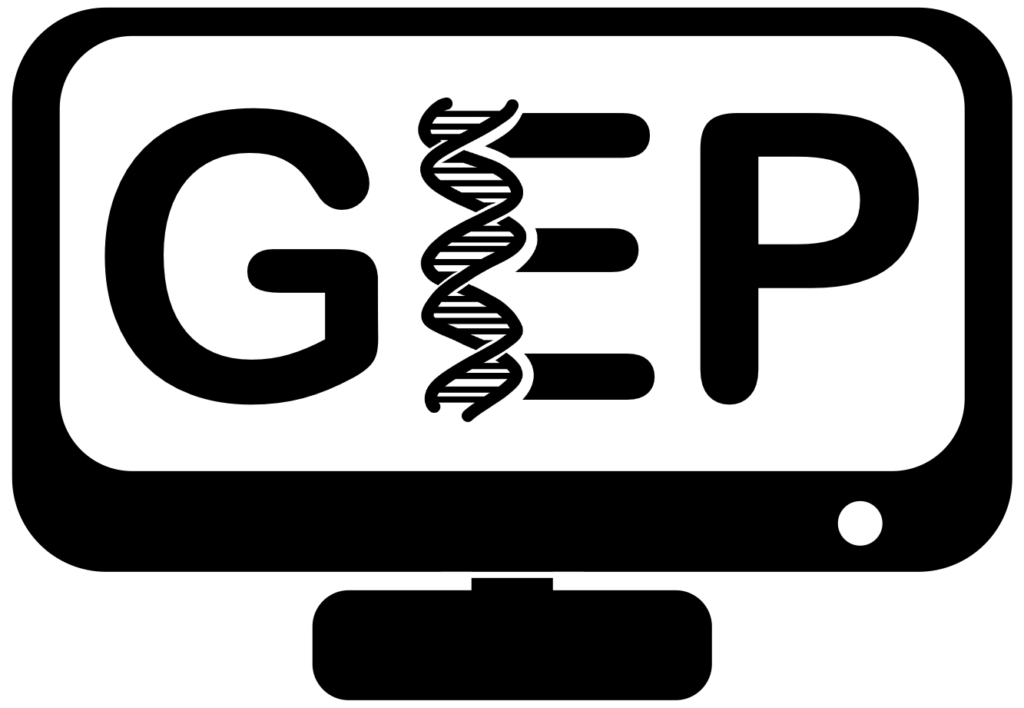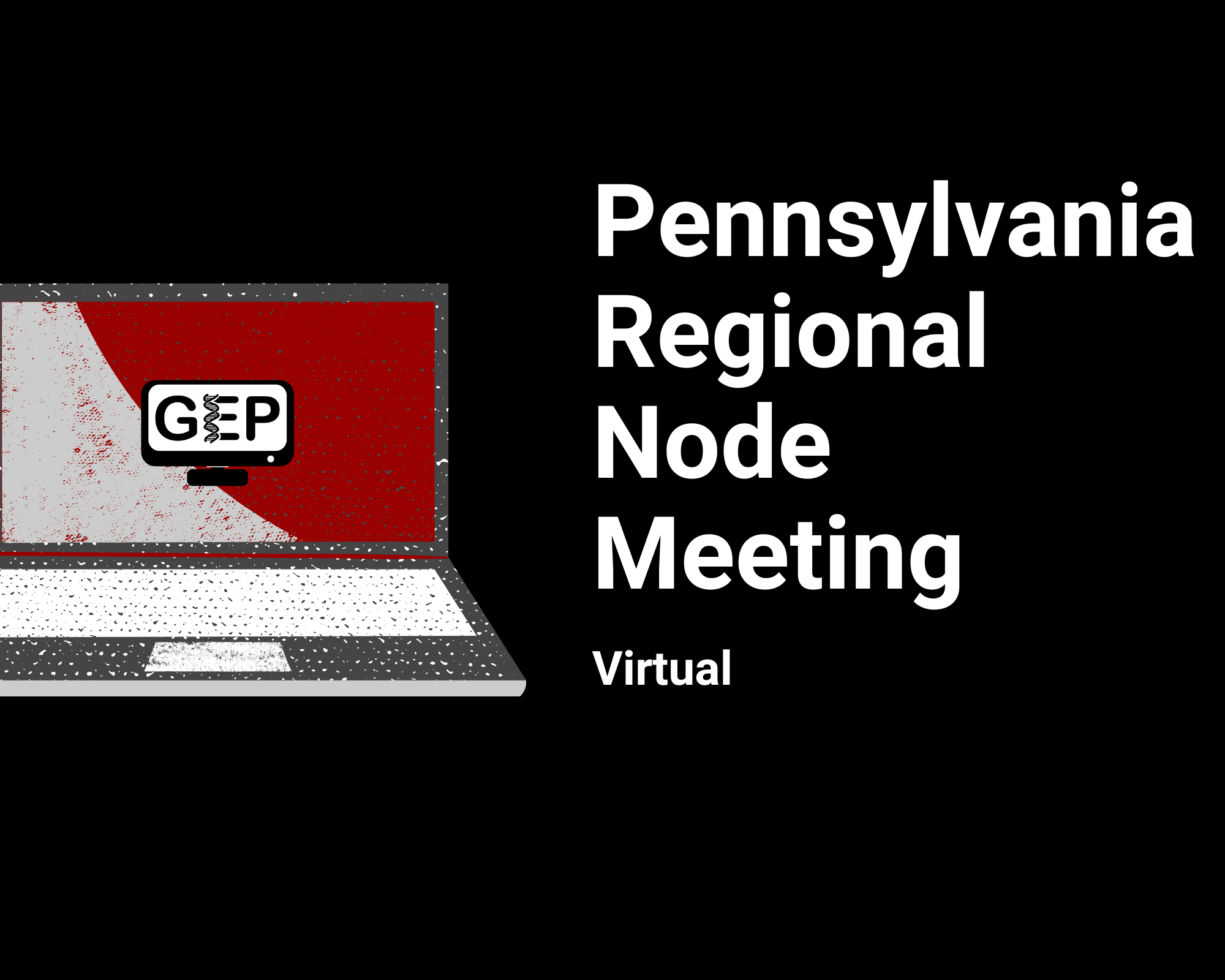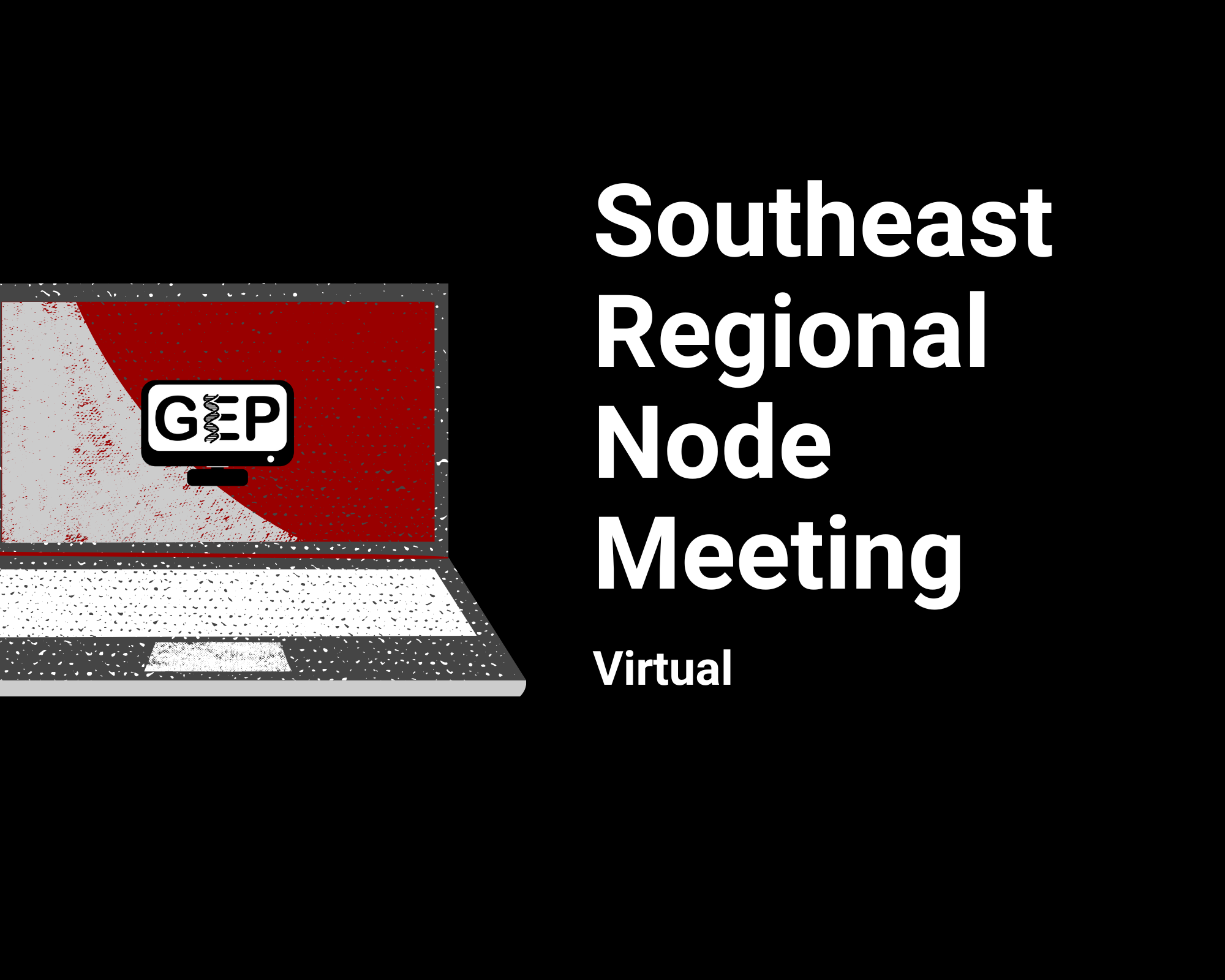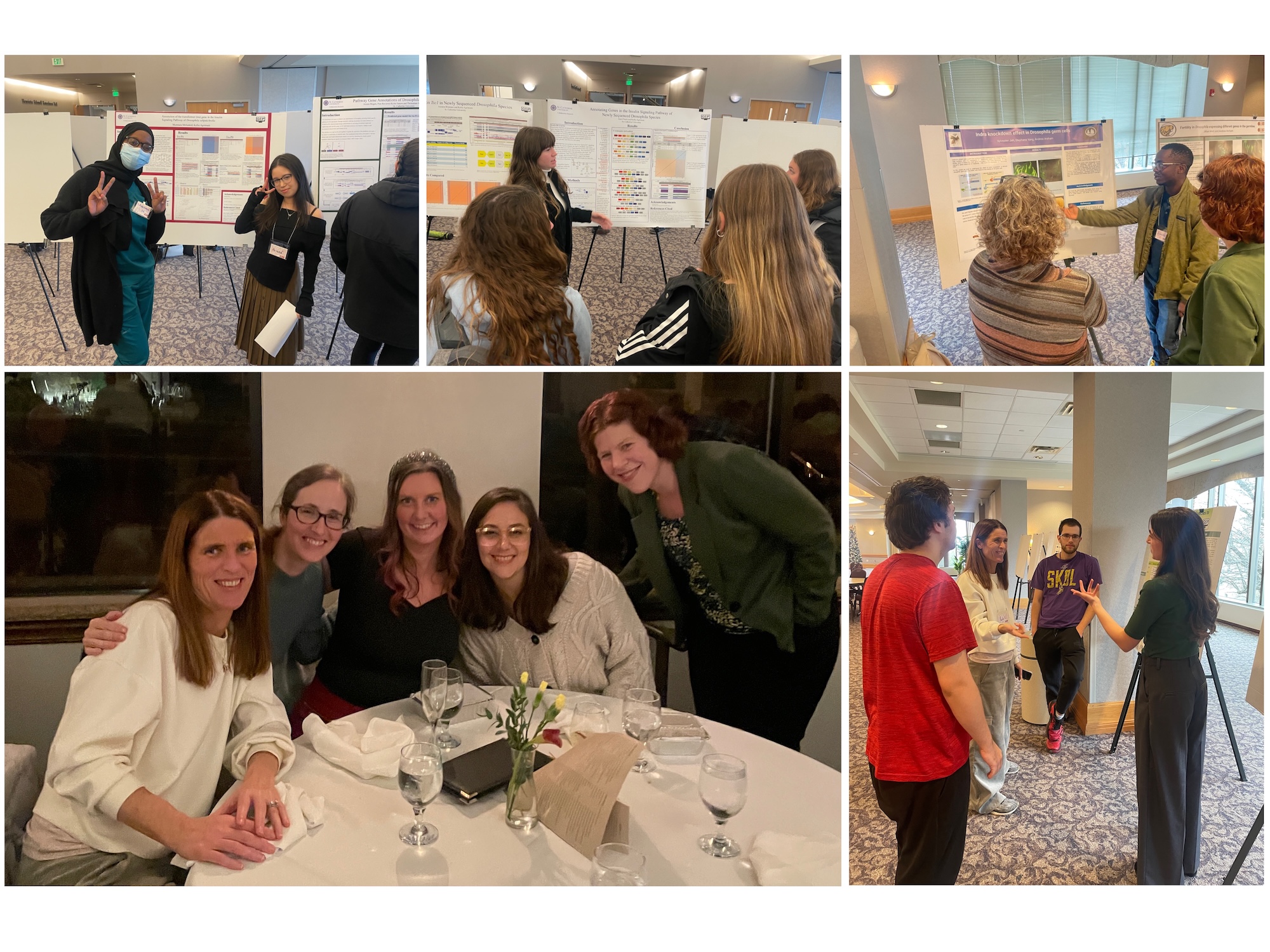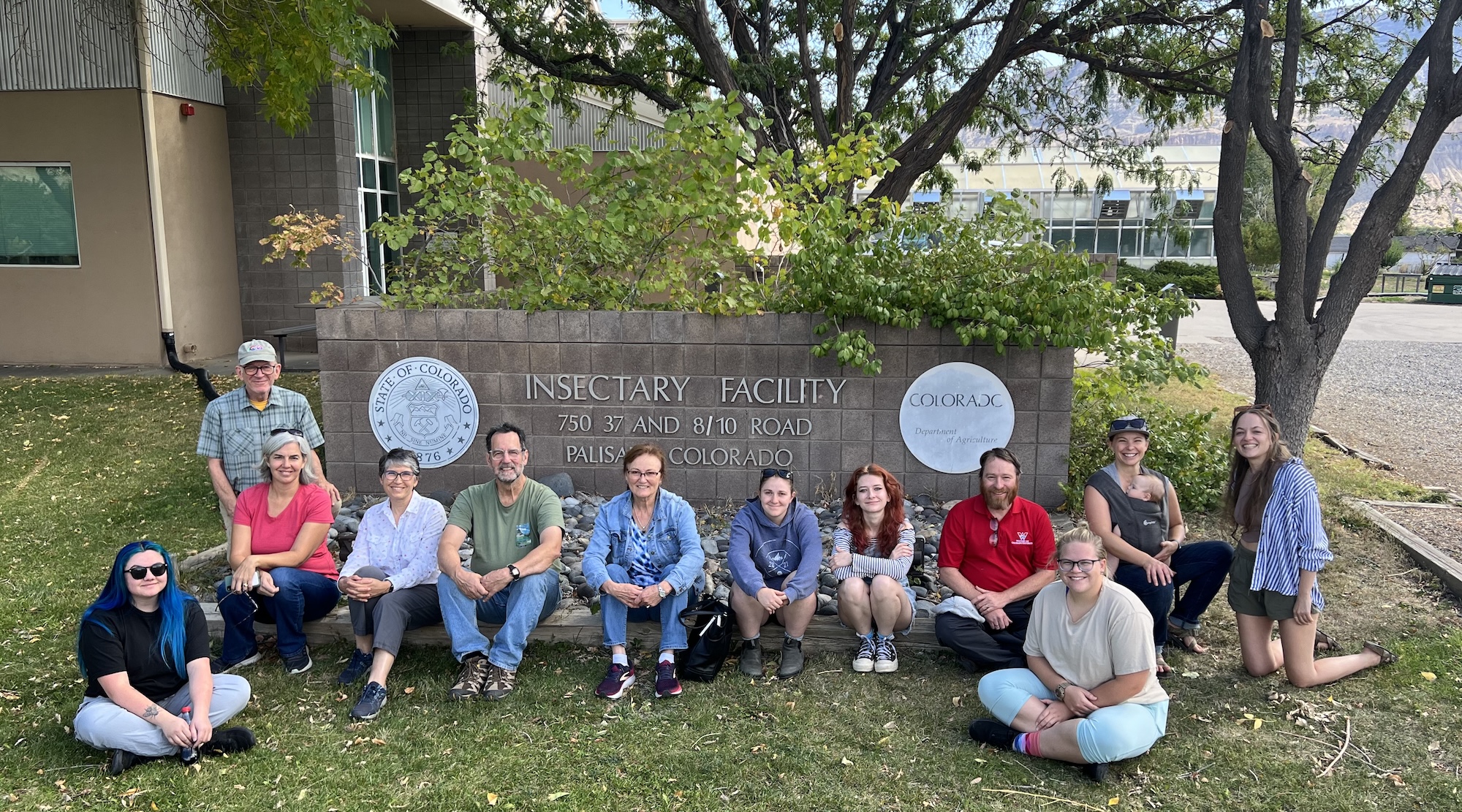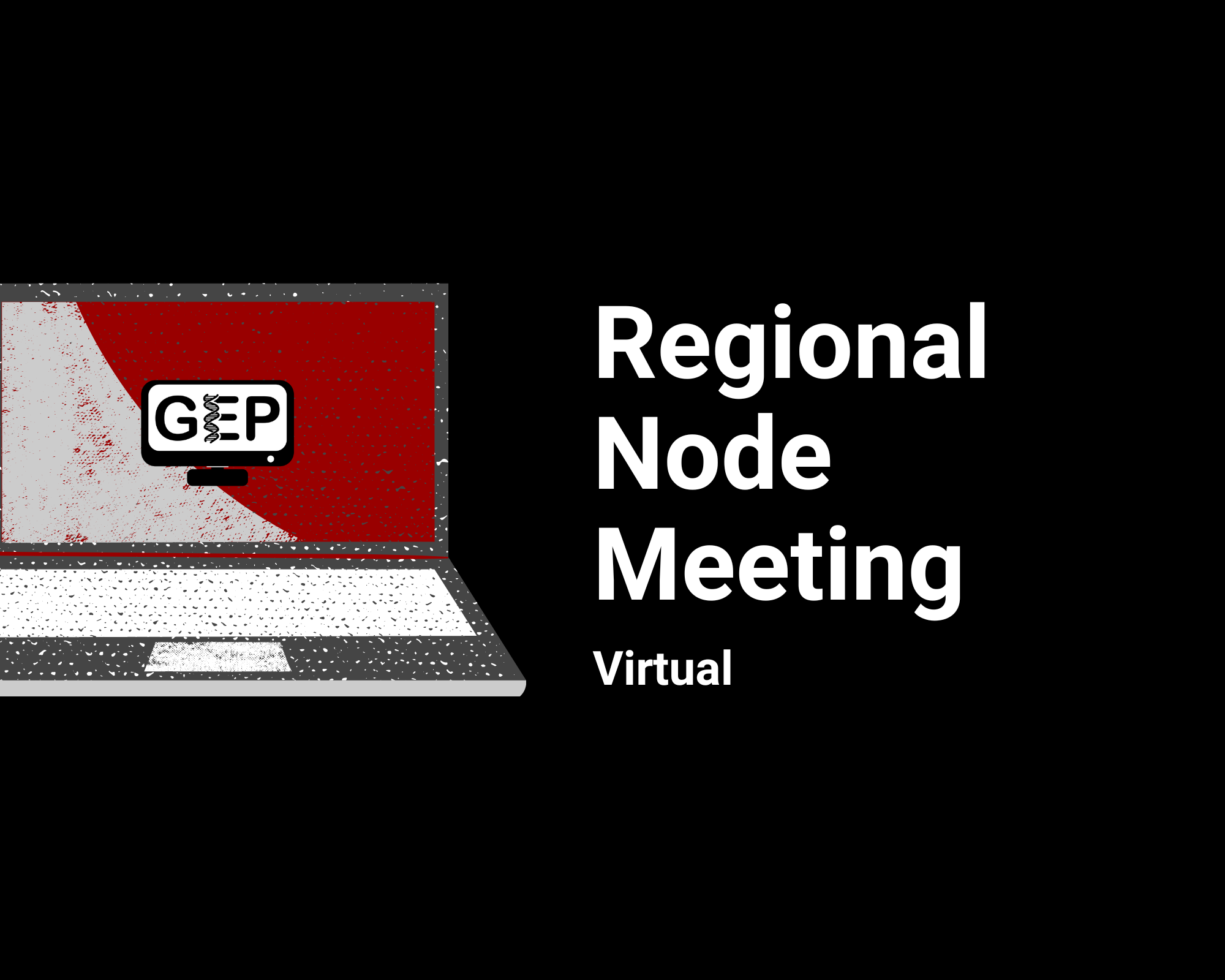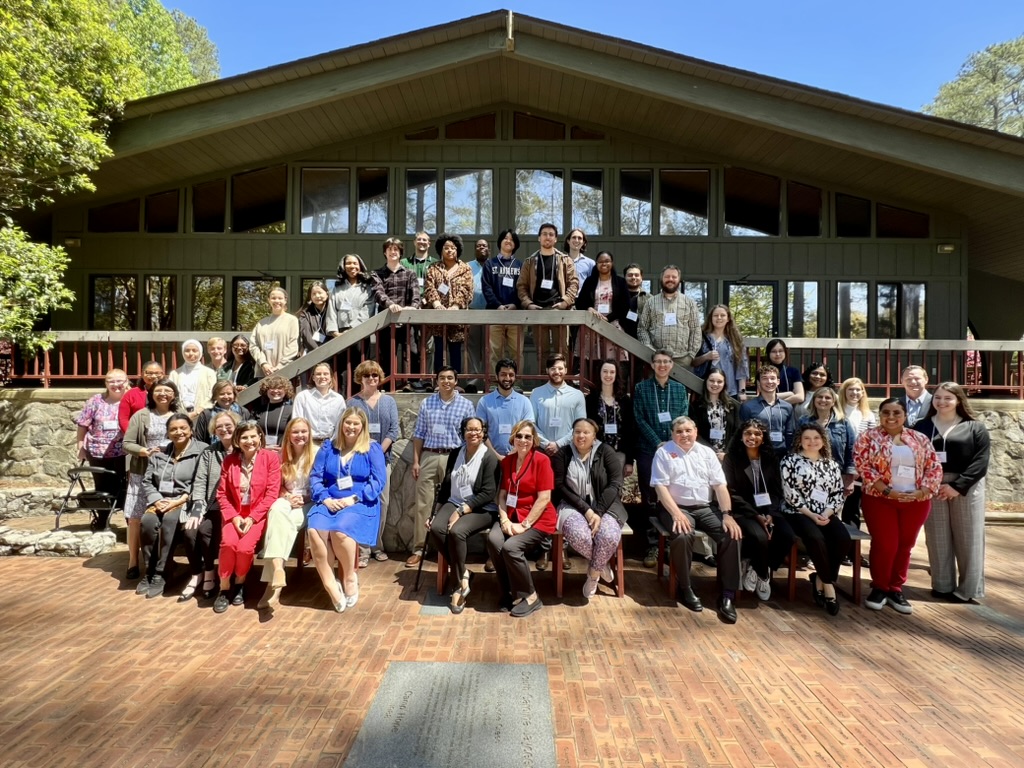Regional Node Meetings (RNMs) leverage available regional clusters of participating GEP institutions (i.e., Regional Nodes) to increase faculty and student engagement by allowing undergraduates to present their work to other scientists, and faculty to learn, collaborate, mentor, and develop curricula.
- A Regional Node Meeting is defined as any GEP activity that involves at least two institutions in the Regional Node that includes at least one of the following:
- Student presentations (poster or oral)
- Professional development activity
- Speaker gives a seminar on a research- or pedagogy-related topic
- Training in curriculum or science projects of current GEP faculty
- When Recruiting: ‘taster’ demos for prospective members (currently unavailable)
- Unlike Regional Node New Member Trainings, RNMs are typically single day events with a smaller budget. What happens at RNMs can vary, but they focus on community building and engagement within their region. In a nutshell, it’s up to the Regional Node to decide what they most need to address (e.g., faculty only meeting to work on professional development, opportunities for students, or a recruitment event to grow the Node membership).

